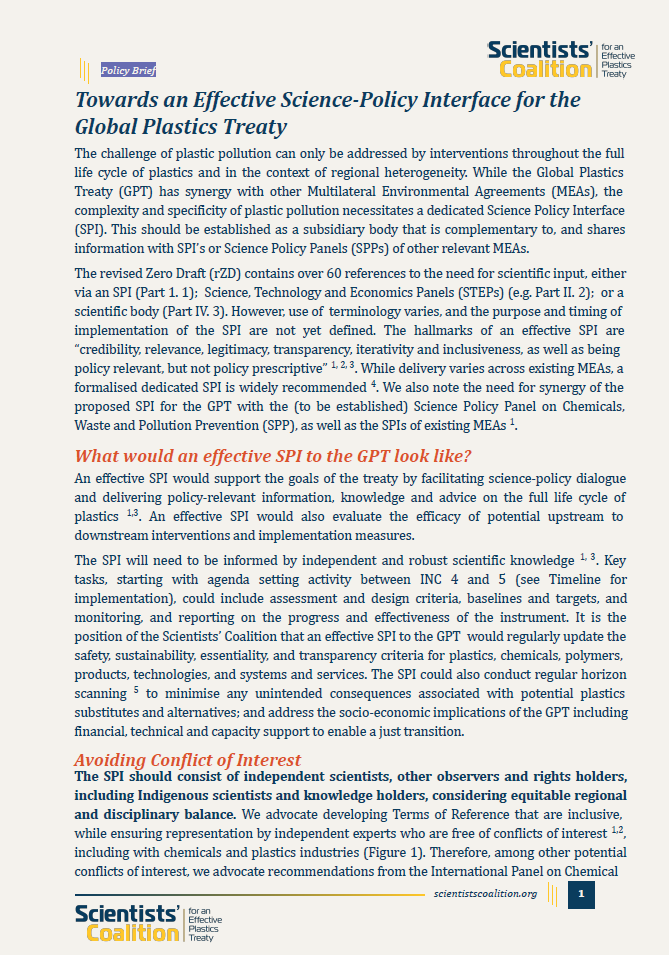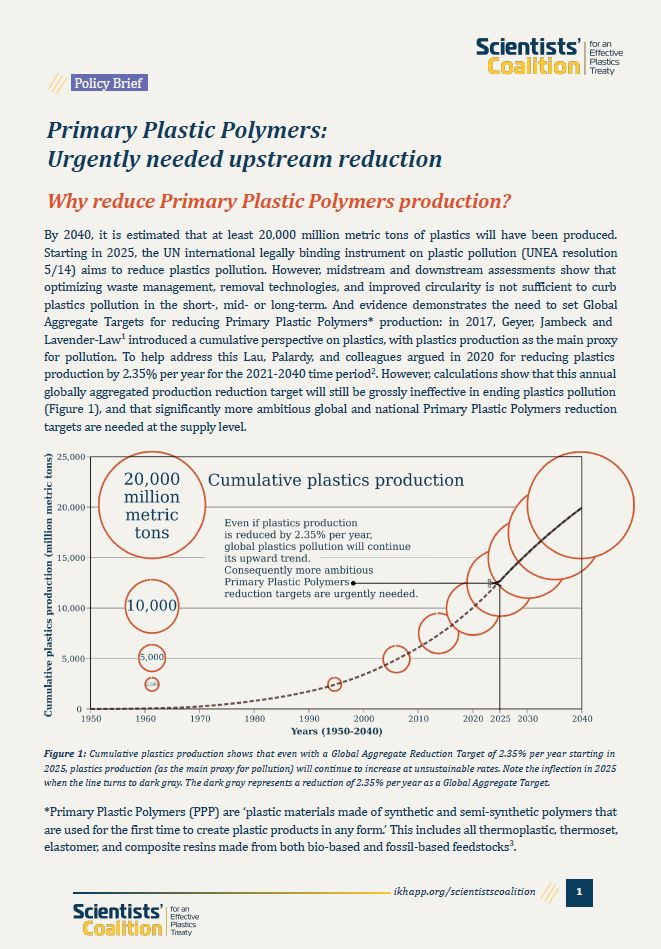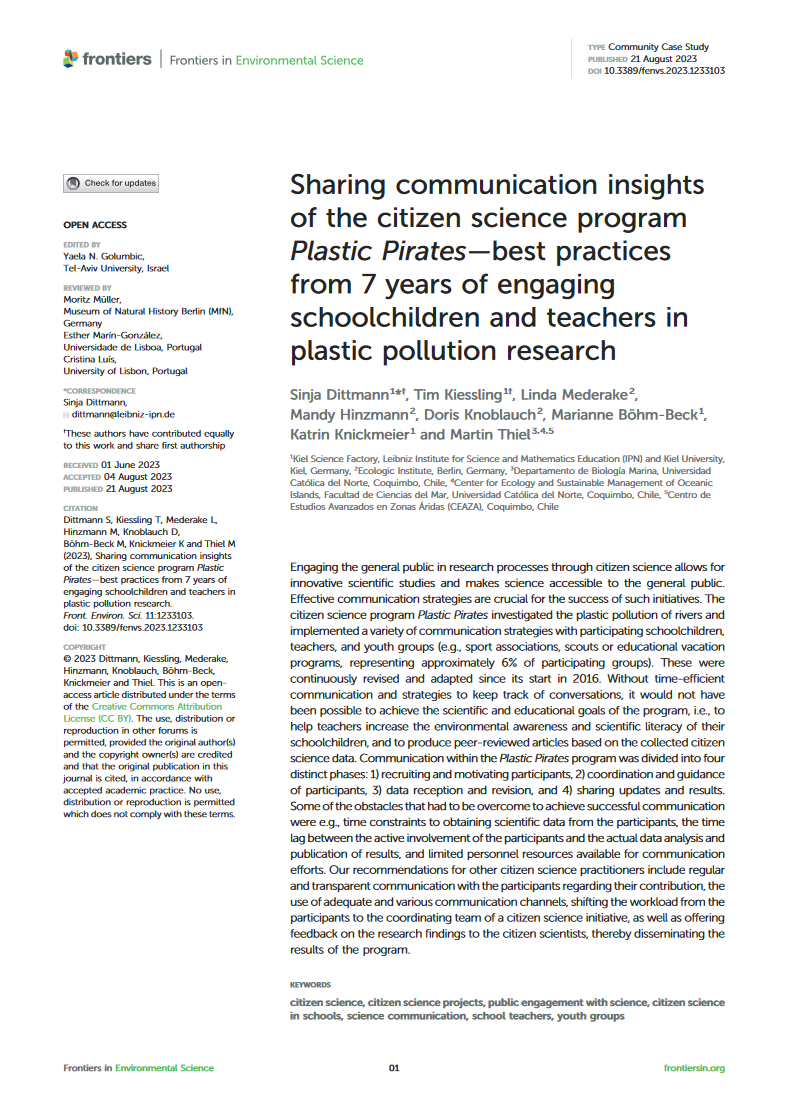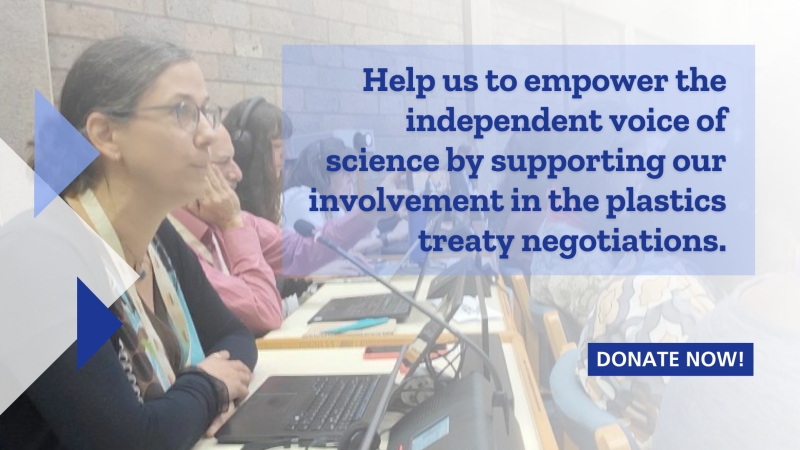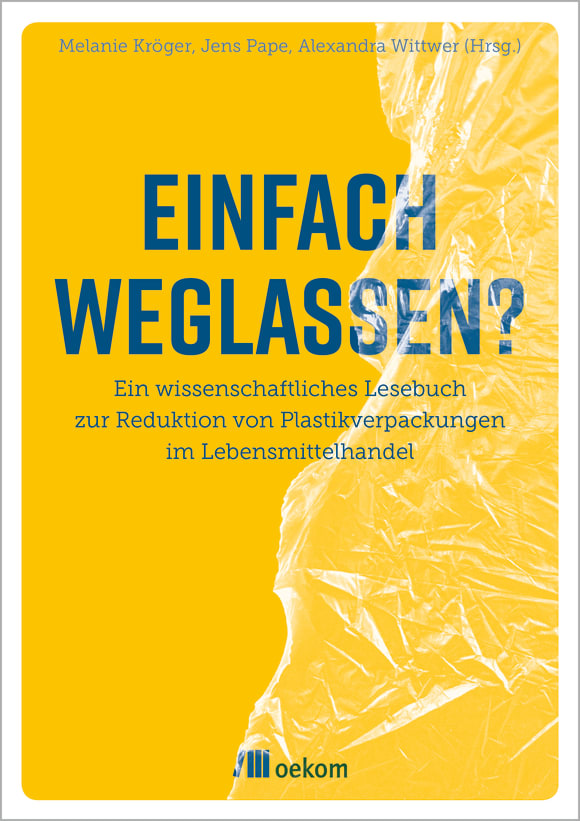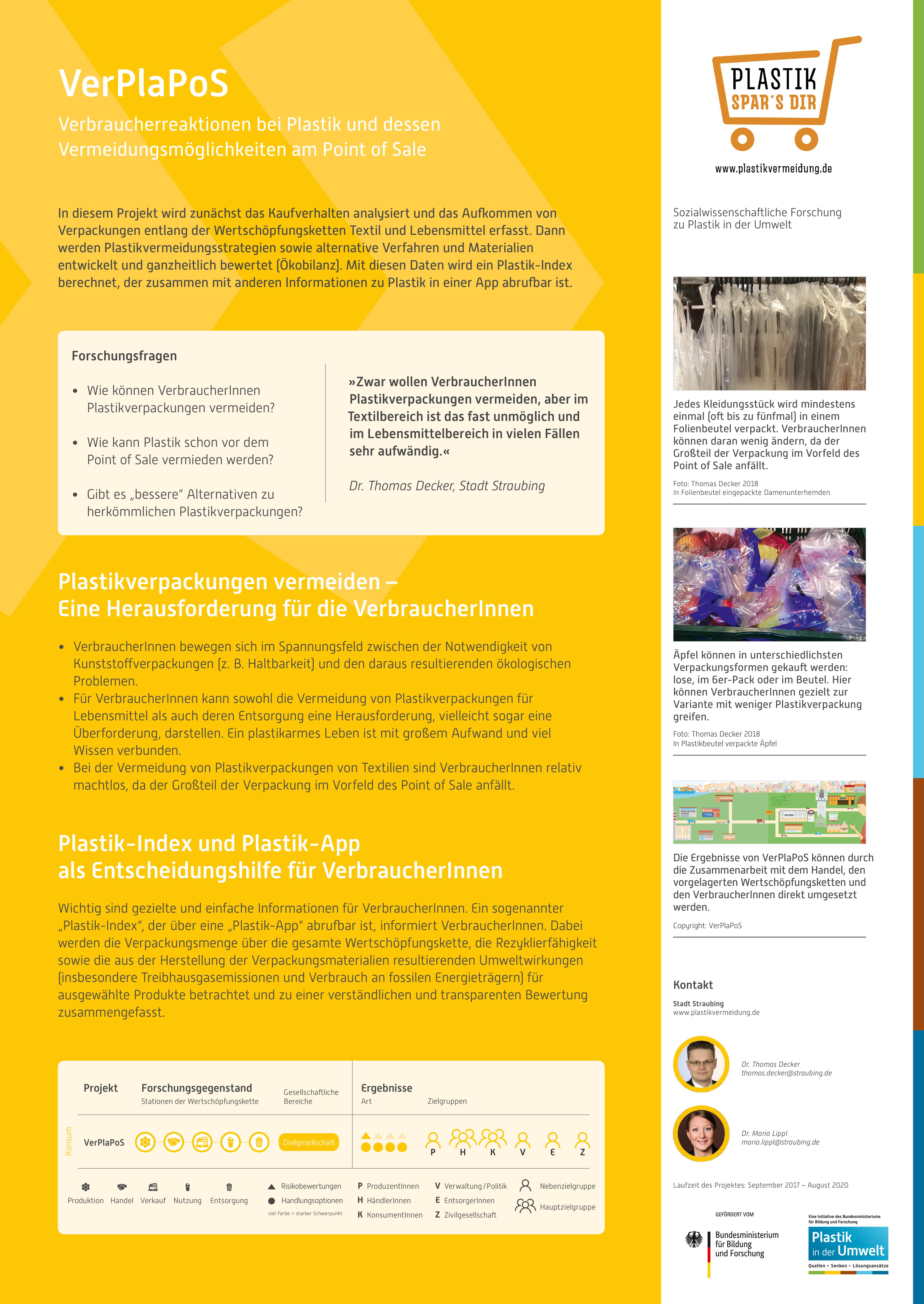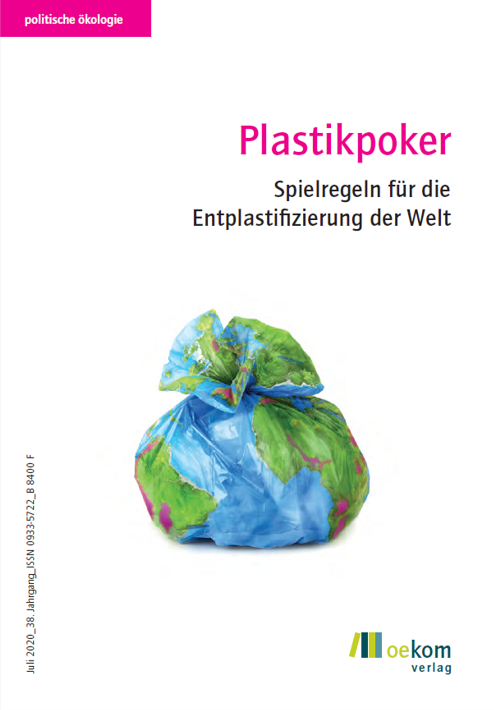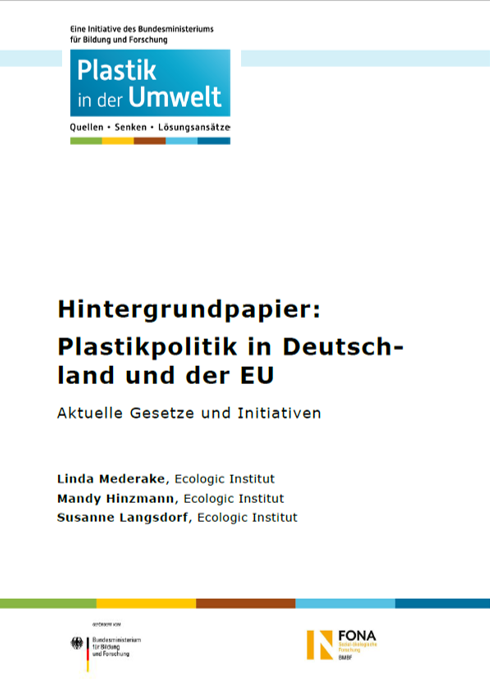Umweltproblem Plastikverpackung
Aufkommen in Deutschland und Auswirkungen auf die Umwelt
- Publication
- Citation
Knoblauch, Doris; Schritt, Hannes (2020): Umweltproblem Plastikverpackung. Aufkommen in Deutschland und Auswirkungen auf die Umwelt. In: Kröger, Melanie; Pape, Jens; Wittwer, Alexandra (Hrsg.) (2020): Einfach weglassen? Ein wissenschaftliches Lesebuch zur Reduktion von Plastikverpackungen im Lebensmittelhandel. ISBN: 978-3-96238-243-8. Oekom Verlag, München.
Numerous one- to two-person households, an increase in mail-order business as well as the popular "to-go" culture are causing a steady rise in the consumption of plastic packaging in Germany. While approximately 1.8 million tons of plastic were produced per year in 2000, this figure had already risen to 3.1 million tons by 2016. Plastic packaging and the environmental consequences of plastic production and consumption are currently of high importance on the political agenda – yet, increased social awareness of the problem has done little to counter plastic consumption so far.
This article by Doris Knoblauch and Hannes Schritt (both Ecologic Institute) is part of the anthology "Einfach weglassen? Ein wissenschaftliches Lesebuch zur Reduktion von Plastikverpackungen im Lebensmittelhandel" (Simply Omit? A Scientific Reader on the Reduction of Plastic Packaging in the Food Trade). It deals with the emergence of plastic packaging in Germany and its known environmental impacts. The authors demonstrate that there is a close correlation between the amount of plastic packaging produced and the gross domestic product (GDP) - which, interestingly, is stronger than the correlation between GDP and packaging overall. In this context, avoidance strategies and improvement options for the circular economy are discussed.
Furthermore, an overview of input pathways and main input sources of plastic into the environment is given. The state of knowledge on the effects of plastic on the environment and the human body is presented. It becomes clear that there are still research deficits, especially with regard to microplastics.
